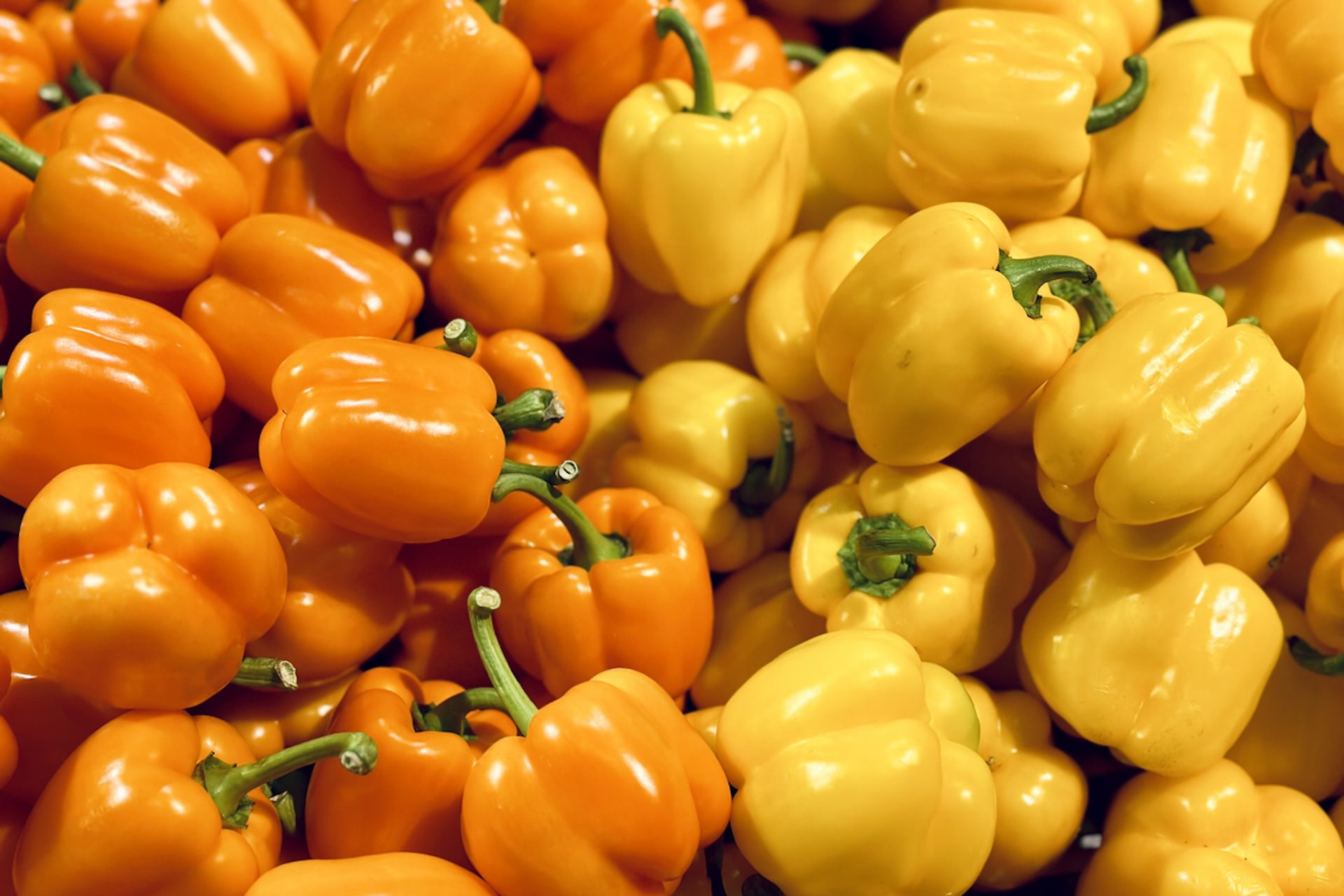A team of researchers at Texas A&M University determined a way to make fruits and vegetables last longer — using only ingredients approved by the FDA as antibacterial agents.
The research team, led by professors Mustafa Akbulut and Luis Cisneros-Zevallos, created a nano-encapsulated cinnamon-bark essential oil in protein carriers and then blended that with the wax coating already applied to many fruits and vegetables, which prevents water loss and makes them look shinier.
The nano-encapsulated essential oils, the scientists said, prevent bacteria from adhering to the surface of fruits and veggies. The findings were published in the journal Current Research in Food Science.
"When bacteria are exposed to essential oil it can break down the bacterial wall. This technology is going to basically help us inactivate the bacteria and fungi to extend the shelf life," Akbulut explained, per AzoNano.
Since the ingredients in the coating are already approved by the FDA, implementing it would be fairly simple. "These hybrid wax coatings are easily scalable and can be implemented in food processing industries," said Yashwanth Arcot, a doctoral student involved in the research.
Produce with a longer shelf life would be a win for the food industry, as it would reduce the amount of product rendered inedible before it is sold and consumed. It would also be a win for the planet — when fruits and vegetables are thrown away, they are often sent to a landfill, where they take up space and release planet-overheating gases as they decompose.
According to scientists, eating more vegetables and less meat is healthier for you, your wallet, and the environment. Replacing one-quarter of your meat and poultry consumption with vegetables could reduce your contribution to air pollution by 500 pounds annually.
"I think that the impact that these wax coatings will have on the industry is very big because the industry is looking for new technologies. This is one of those tools that we are developing that could actually help the industry face these challenges against human pathogens and spoilage organisms," Cisneros-Zevallos said.
Join our free newsletter for weekly updates on the coolest innovations improving our lives and saving our planet.









